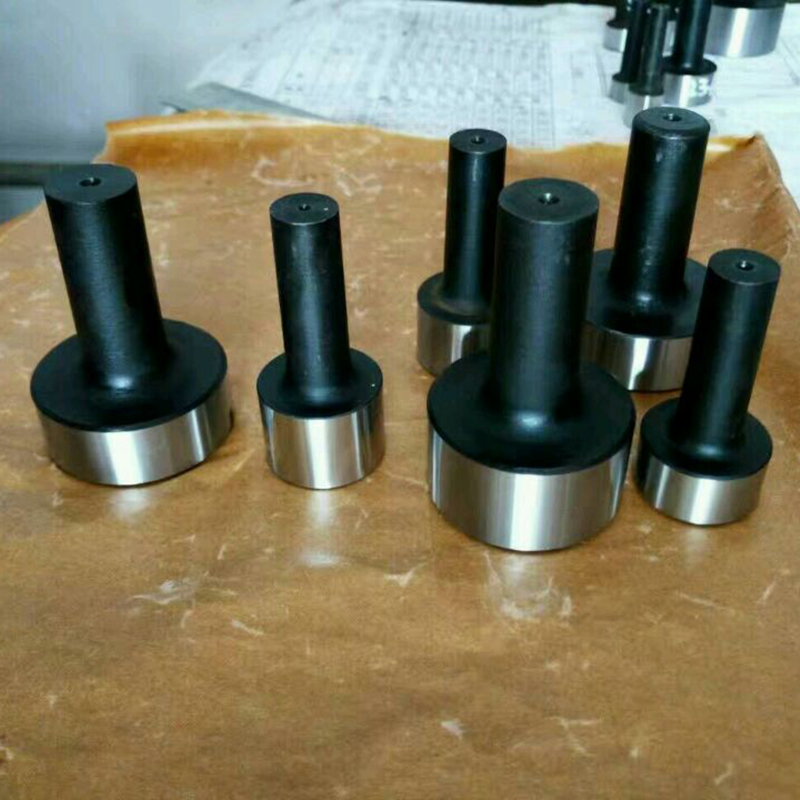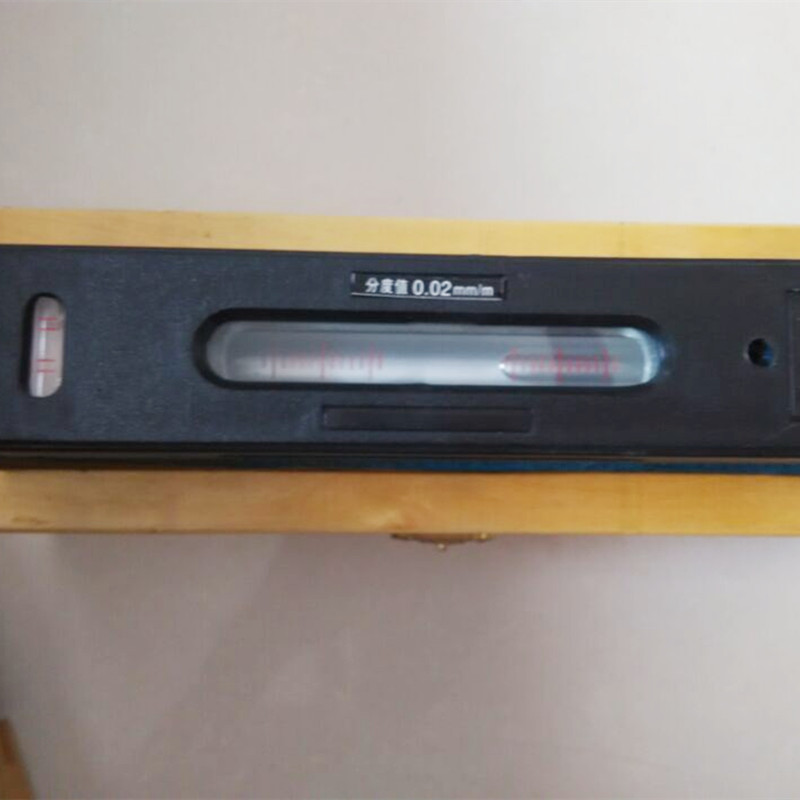Aug . 12, 2024 17:36 Back to list
Using Ring Gauges for Precision Measurement and Quality Control in Industrial Applications
The Importance of Ring Gauges in Quality Control
In the realm of manufacturing and engineering, precision is paramount. The functionality and longevity of mechanical components often rest upon tight tolerances and exact dimensions. One essential tool used to ensure that these specifications are met is the ring gauge. This article discusses the significance of ring gauges, how they function, and their role in quality control across various industries.
The Importance of Ring Gauges in Quality Control
The construction of a ring gauge is typically very robust, often made from high-quality materials such as tool steel, and sometimes treated to improve hardness and wear resistance. The gauge consists of two main parts the go side, which represents the maximum acceptable dimension, and the no-go side, which reflects the minimum acceptable dimension. A well-manufactured ring gauge possesses high accuracy and repeatability, factors that are critical in quality assurance processes.
ring gauges are used to check

The application of ring gauges spans numerous industries. For example, in the automotive sector, they are used to check the diameters of engine components, shafts, and bearings. In aerospace, precision is critical; ring gauges help verify the components of aircraft engines and structural parts to ensure safety and performance. Furthermore, in the manufacturing of mechanical parts, ring gauges aid in inspecting threads and other cylindrical features, providing a straightforward method to verify dimensions.
The implementation of ring gauges in quality control processes can considerably enhance efficiency. By using ring gauges, manufacturers can minimize the number of parts that are out of specification, reducing waste and rework. This effectiveness translates into cost savings and improved production timelines. Additionally, because ring gauges provide clear pass/fail results, they simplify the inspection process, allowing operators to quickly assess part quality without the need for complex measuring techniques.
Moreover, maintaining and calibrating ring gauges is crucial for ensuring their accuracy over time. Regular checks on the gauge's dimensions against a traceable standard are necessary to guarantee reliability. Organizations often employ quality management systems that include detailed procedures for the care and upkeep of these tools, ensuring they remain effective and accurate.
In conclusion, ring gauges are indispensable tools in quality control and precision engineering. They provide a quick, accurate means of checking the dimensions of various mechanical components, playing a pivotal role in industries where precision is non-negotiable. By facilitating stringent quality assurance practices, ring gauges not only enhance operational efficiency but also contribute to the overall reliability and safety of the products produced. As technology evolves, the role of such tools may expand, but their fundamental importance in maintaining dimensional accuracy will always remain a cornerstone of quality control in manufacturing.
-
Small Hole Gauge Use in Aerospace Component TestingNewsJun.13,2025
-
Flanged Strainer Use in Marine EnvironmentsNewsJun.13,2025
-
Affordable Welding Tables for Educational WorkshopsNewsJun.13,2025
-
Y Type Strainer Future InnovationsNewsJun.12,2025
-
Marine Applications Gate Valve TypesNewsJun.12,2025
-
Granite Tools for Sale OnlineNewsJun.12,2025
Related PRODUCTS









